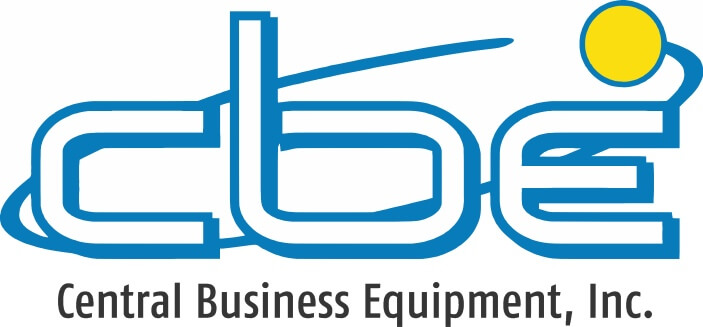Leasing your office equipment spreads the cost out over a period of time, but it does increase the total amount you’ll pay for the equipment. There are distinct advantages to each purchasing model and choosing the right option for you will depend on your business’s circumstances, long term goals, and equipment needs.
Operating Leases vs. Capital Leases
Generally speaking, there are two types of leases: Operating leases (or true leases) and capital leases. The two types of leases are treated differently for tax purposes. Let’s take a deeper look at the differences between the two to help you decide which might be right for your business.
Operating Leases
Operating leases – or “true leases” – allow you to rent the equipment for a set period of time. At the end of the term, you give the equipment back, renew your lease, or upgrade to new equipment and start a new lease. When you have an operating lease you don’t own the equipment outright so you can deduct the leasing fee each month from your taxes as a “regular business expense.” But because you don’t own the equipment, you are not allowed to take a depreciation deduction.
Capital Leases
Capital leases are similar to operating leases in that you pay a monthly fee to use the equipment, but at the end of the term, you have the option to acquire the equipment. Usually, you have to pay an extra fee, but then you own the equipment outright at the end of the term. Unlike the operating leases, you cannot deduct a capital lease payment as a regular business expense because the equipment is treated for tax purposes as if you purchased it.
When Is It a Good Idea to Lease Business Equipment?
Leasing any piece of business equipment is generally more expensive than buying it outright. But despite the cost difference, there are several good reasons and circumstances in which leasing makes the most sense.
If the equipment you’re considering runs the risk of becoming obsolete before the end of its operating life, then a lease (specifically an operating lease) may be a better financial decision in the long run. Since you can upgrade your equipment at the end of your lease term, you’re able to keep up with the cutting edge in technology – which can give you a serious advantage over the competition. This is an especially popular option for companies in the printing industry, design industry, and companies who send out their own high-resolution mailing, packaging, or other advertising.
With leases, you don’t have the carrying costs associated with aging equipment that may break down and need repairs over time. There are also financial incentives to operating leases, Unlike a purchase loan, and operating lease may not require a down payment which helps conserve your cash flow. And payments are written off as a business expense, further lessening the cost.
However, one thing to keep in mind that may work against you is the length of your lease term. If your business needs suddenly shift or you need different equipment, you may have to pay large termination fees to break your lease early.
A good general rule of thumb is: if you plan to use the equipment for five years or less and there’s a good chance it could become obsolete in that time, an operating lease may be a good choice.
When Should I Purchase My Business Equipment?
If you plan on using the office equipment for over five years and it isn’t likely to depreciate in value quickly, then purchasing through a capital lease, a bank loan, or with cash may be the best option. Purchasing also allows you to customize your equipment – brand it with your logo, choose your settings and add-ons, etc. – and you’re able to sell it afterward to recoup some of your purchase price.
Buying and leasing both come with their own costs and benefits. Cashflow and expected length of use are major considerations – as well as the tax implications of a lease or a purchase. Talk to your accountant about what might be the best fit for you.
If you have any questions about leasing business equipment in Little Rock, contact Central Business Equipment at 501-833-8150. We’re happy to walk you through all of your financing options for any of our business equipment!
